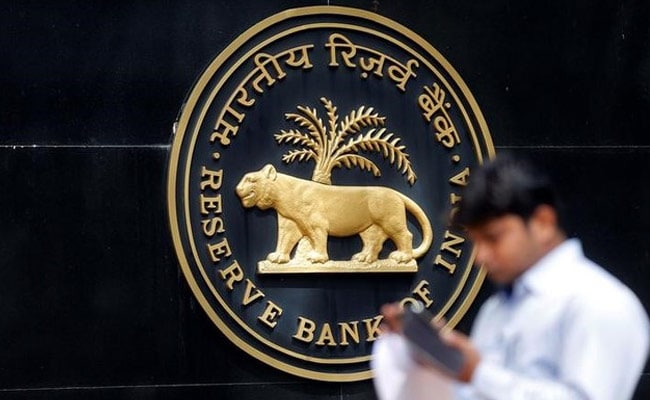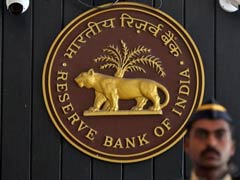Despite the RBI keeping interest rate steady today, many analysts see the possibility of monetary policy tightening down the road after surging oil and food prices pushed consumer inflation to a 17-month high of 5.21 per cent in December - well above the RBI's 4 per cent target.
The RBI also sees inflation higher at 5.1 per cent in the March quarter, higher than its earlier forecast of 4.3-4.7 per cent in the second half of 2017-18.
"Domestic pump prices of petrol and diesel rose sharply in January, reflecting lagged pass-through of the past increases in international crude oil prices," RBI said.
The RBI cited the need for vigilance around the evolving inflation scenario in the coming months.
"A pick-up in global growth may exert further pressure on crude oil and commodity prices with implications for domestic inflation. The Budget has proposed revised guidelines for arriving at the minimum support prices (MSPs) for kharif crops, although the exact magnitude of its impact on inflation cannot be fully assessed at this stage," the RBI said. "Fiscal slippage as indicated in the Union Budget could impinge on the inflation outlook."
On growth outlook, the RBI projects GVA or gross value added growth - a key input of GDP that strips out taxes and subsidies - for 2017-18 at 6.6 per cent, down from its earlier forecast of 6.7 per cent. For 2018-19, the central bank projects higher GVA growth for 2018-19 at 7.2 per cent.
"GST implementation is stabilising, which augurs well for economic activity. Second, there are early signs of revival in investment activity as reflected in improving credit offtake. Third, the process of recapitalisation of public sector banks has got underway. Large distressed borrowers are being referenced for resolution under the Insolvency and Bankruptcy Code (IBC). This should improve credit flows further and create demand for fresh investment," the RBI said in a statement.
Export growth is also expected to improve further on account of improving global demand, RBI added.
Comments
Despite the upward revision in the inflation forecast and concerns highlighted regarding growing inflation risks amid the crystallization of the fiscal slippage, the tone of the policy was not as hawkish as expected, given the comment that the nascent recovery needs to be carefully nurtured," said Aditi Nayar, principal economist at rating agency ICRA.The RBI has held the repo at 6 per cent since a 25 bps cut in August, having taken advantage of a period of extraordinary low inflation to cut rates by 200 bps since early 2015.





